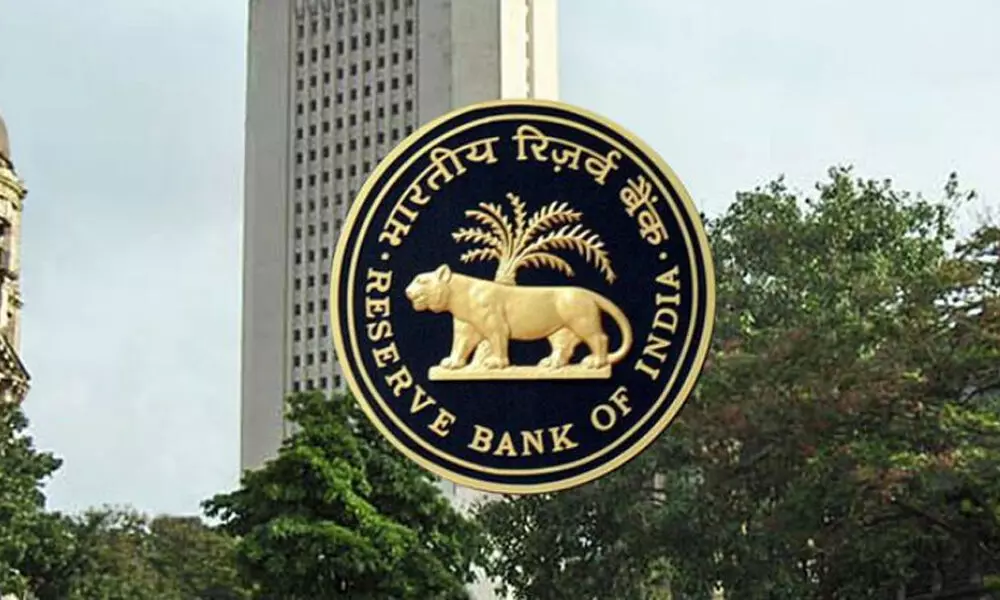RBI's 15-yr cap
image for illustrative purpose

Mumbai UDAY Kotak, the promoter MD and CEO of Kotak Mahindra Bank got reappointed on 1st January 2021 for a period of 3 years. Hence his tenure will now end on 1st January 2024 and he is not eligible for reappointment as he has already completed 15 years as the MD and CEO. RBI in its circular on Monday capped the MD/CEO tenure at 15 years and for promoter MD/CEO at 12 years. However, in extraordinary circumstances, at the sole discretion of the RBI, such MD and CEO or WTDs (Whole Time Directors) may be allowed to continue up to 15 years. The age cap for Chairman and Independent directors has been specified at 75 years. No such age cap was there earlier. Also, the second in line Dipak Gupta (current Joint MD) may not be eligible to succeed Kotak as the CEO as the 15-year cap applies for all whole-time directors (WTD) on the board, says a Macquarie report.
HDFC Bank and ICICI Bank will not face such problem, so is Axis Bank. The reason - their CEOs have plenty of time and can serve in the position for more than a decade as they were appointed as the CEOs recently.
HDFC Bank CEO took charge last year whereas ICICI Bank CEO took charge couple of years ago. IndusInd Bank (IIB) is also fine. IIB CEO Sumant Kathpalia took charge last year and hence he can continue at the helm of affairs for more than a decade. Dr N Kamakodi, the CEO of City Union Bank completes his 15-year tenure in May 2026. Two years before the retirement, the bank will search for a new CEO. When it comes to Bandhan Bank, clarity is required. "We are unsure how RBI will treat Bandhan here. Note that Bandhan was converted to a bank 5 years ago. So, if RBI considers that timeline (the date of conversion to a bank) as the threshold then Chandra Shekhar Ghosh, the promoter CEO, has a longer tenure," says the report, which has jointly been prepared by Suresh Ganapathy, Parth Gutka and Nishant Shah.
However, RBI has said that "while examining the matter of re-appointment of such MD and CEOs or WTDs within the 12/15 years period, the level of progress and adherence to the milestones for dilution of promoters' shareholding in the bank shall also be factored in" and considering Bandhan's track record in meeting these shareholding norms, there perhaps could be a reluctance from RBI, the report goes on. "Though a cap on the CEO tenures is contented to separate ownership from management, it would have a pernicious impact upon the shareholder interest of private banks as such a limitation on tenure would boost short term decisions by the CEO, thereon. It would be in contradiction to the stakeholder interest who would invest considering the long-term returns. Also, it is pertinent to note that in the past, long tenures of CEOs in private banks have demonstrated improved bank performance, as a result, such a regulation could possibly do more harm than good for private banks," says Sonam Chandwani, Managing Partner at KS Legal & Associates. For ones where an approval has already been given for the MD and CEOs, they can complete their term. While reappointment of MD/CEO can be considered by the board after a 3-year cooling period, the guidelines remain silent about reappointment of promoter MD/CEOs implying that a promoter MD and CEO has to retire after a maximum allowable period of 12 (lower end)-15 (upper end) years. During this three-year cooling period, the MD/CEO shall not be appointed or associated with the bank or its group entities in any capacity, either directly or indirectly.

